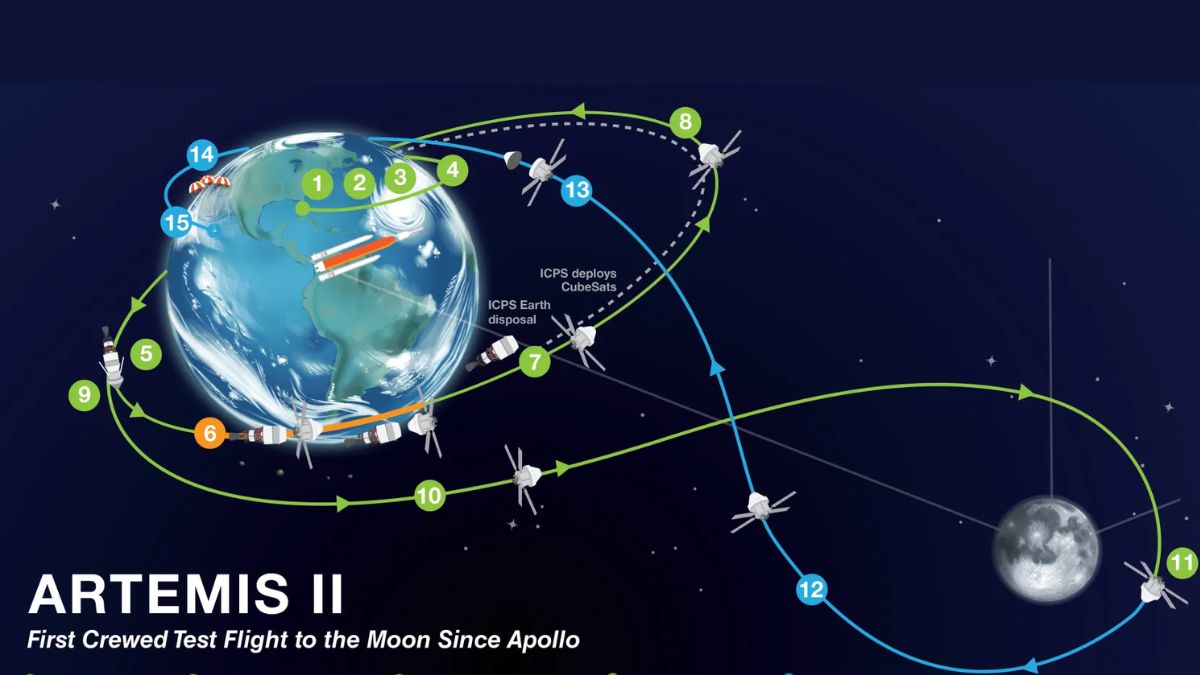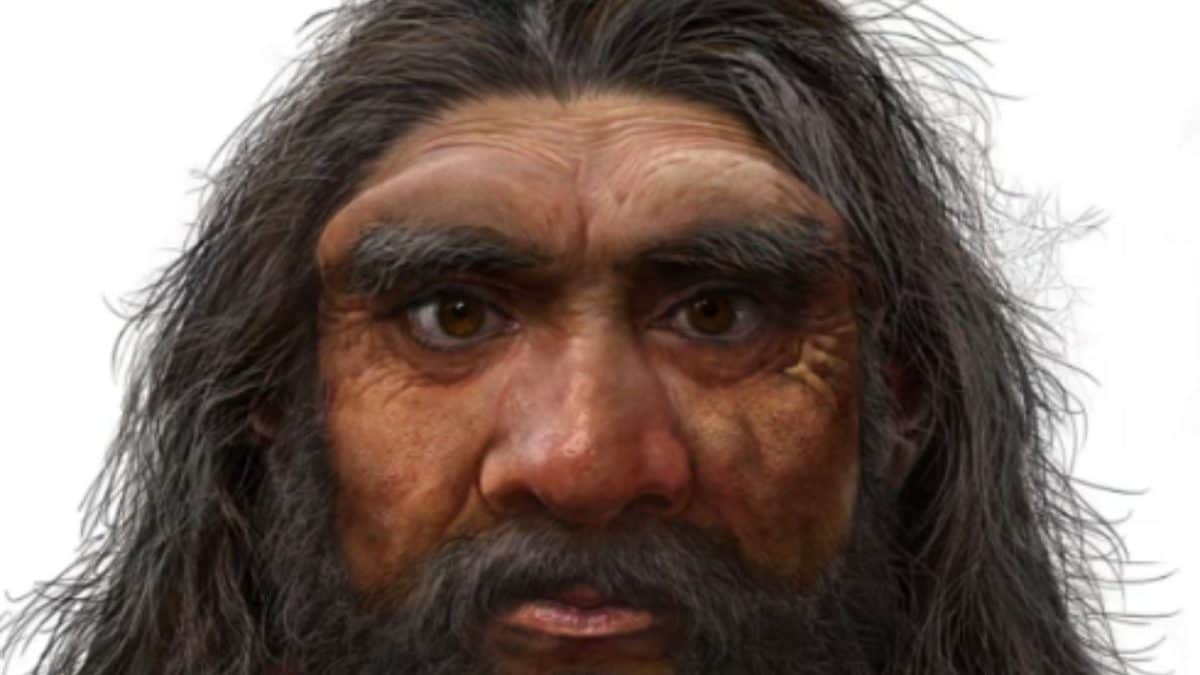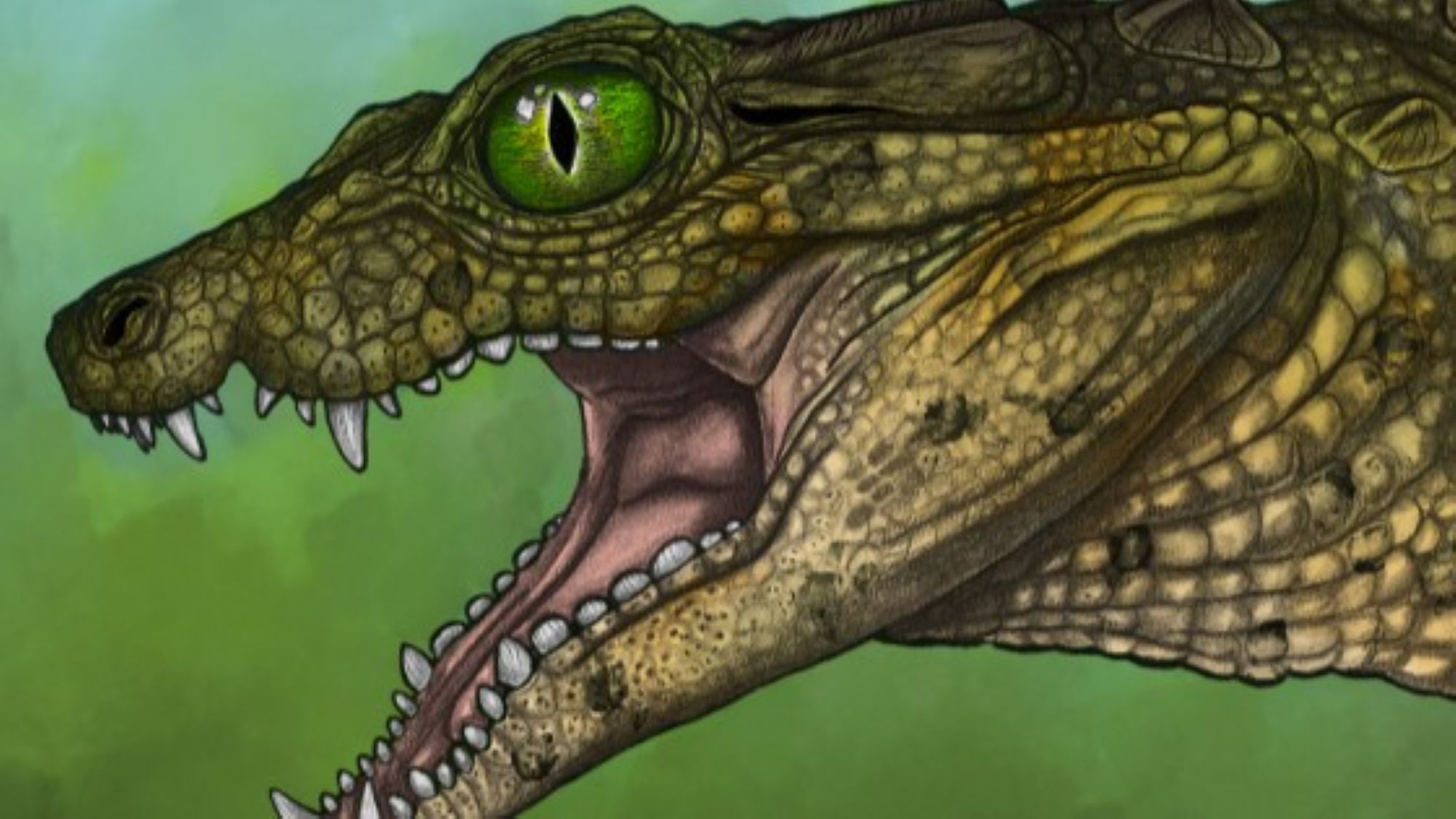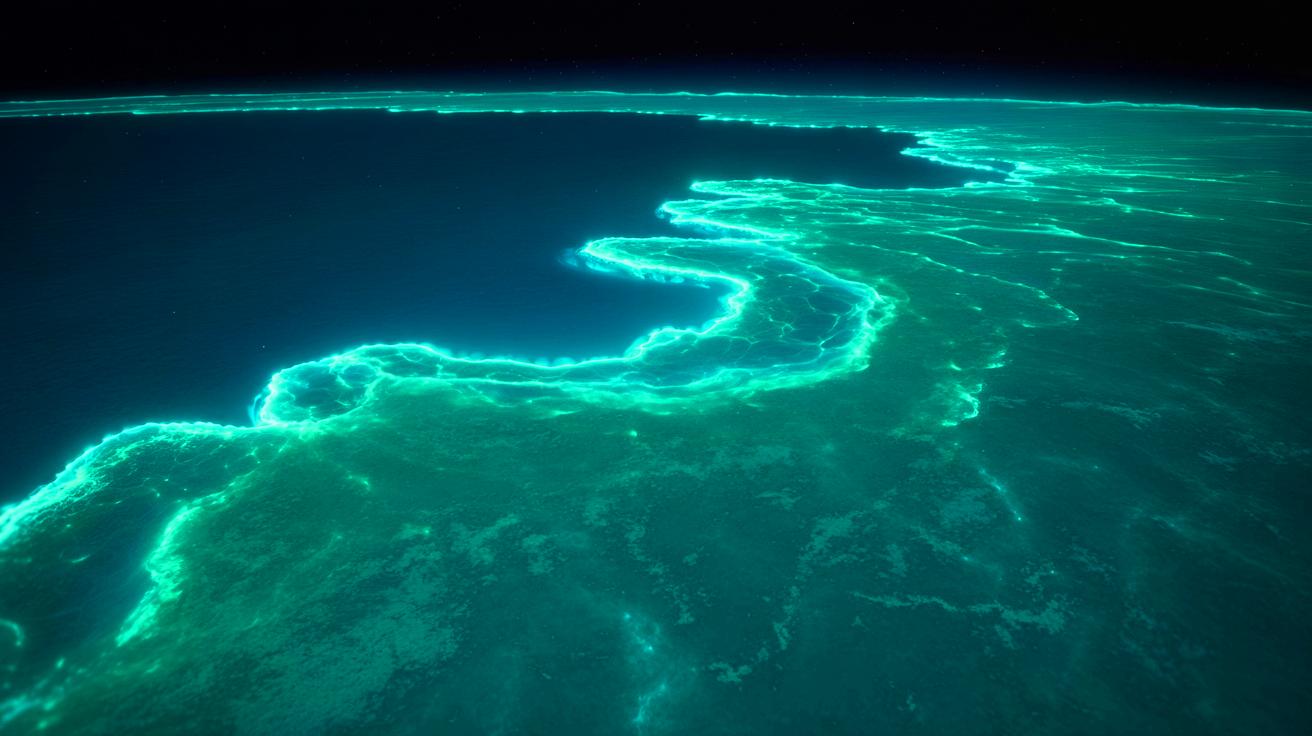Unbelievable Skull Discovery Challenges Everything We Thought About Human Evolution!

Imagine rewriting the entire story of human evolution based on a million-year-old skull! A remarkable discovery in Hubei Province, China, has scientists buzzing and rethinking everything they knew about our ancestry.
Once thought to belong to the Homo erectus, this skull—dubbed Yunxian 2—is now being reclassified as Homo longi, or “Dragon Man.” This lineage is closely related to both the enigmatic Denisovans and the well-known Neanderthals. What’s astonishing is that this skull, dated to around one million years ago, suggests that large-brained humans may have emerged far earlier than we ever imagined! It also indicates that human lineages were diverging and evolving rapidly across Eurasia, challenging the long-held belief that evolution primarily occurred in Africa.
The skull has a fascinating history; it was discovered decades ago but lay largely ignored due to its damaged condition. Thanks to cutting-edge CT scanning and digital modeling technologies, researchers have reconstructed its features and uncovered anatomical traits that distinguish it from the classic Homo erectus. These findings highlight the possibility that early humans with larger brains were already diversifying across Asia long before the timeline we accepted.
In fact, this analysis suggests that our species, Homo sapiens, could have started evolving as early as one million years ago—an astonishing 500,000 years earlier than previous estimates! This tantalizing evidence implies that numerous human lineages, including Homo longi, Denisovans, Neanderthals, and early Homo sapiens, coexisted and perhaps even interbred across vast regions of Eurasia.
Experts like Professor Chris Stringer from London’s Natural History Museum are excited but cautious, emphasizing that while this research significantly reshapes our understanding of human ancestry, we need more fossil evidence for solid confirmation. This discovery not only showcases how modern digital reconstruction tools can refine classifications but also correct previous misconceptions about our origins.
The Yunxian 2 skull discovery highlights a more complex and geographically diverse emergence of modern humans than previously thought. By providing evidence that large-brained humans inhabited Asia a million years ago, it challenges the linear, Africa-centric narrative of human evolution. Scientists are now on the hunt for more fossils across Asia, which could unveil even more fascinating chapters in our species’ intertwined story.

















